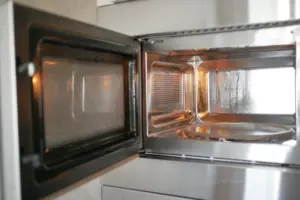In an age where energy efficiency is more than a trend—it’s a lifestyle—homeowners often ask one seemingly simple question: does unplugging appliances save energy? The answer is yes, but the explanation goes beyond flipping a switch or yanking a cord. The phenomenon behind this practice stems from a concept called “phantom energy” or “vampire power,” where appliances and devices continue to draw small amounts of electricity even when turned off.
In homes across America, this invisible energy drain adds up, resulting in higher electricity bills and unnecessary environmental impact. But how much energy does unplugging appliances actually save? Which devices are the biggest culprits? And does this habit make a meaningful difference in the long run? This article explores the science, the numbers, and the practical implications of unplugging appliances in a modern home.
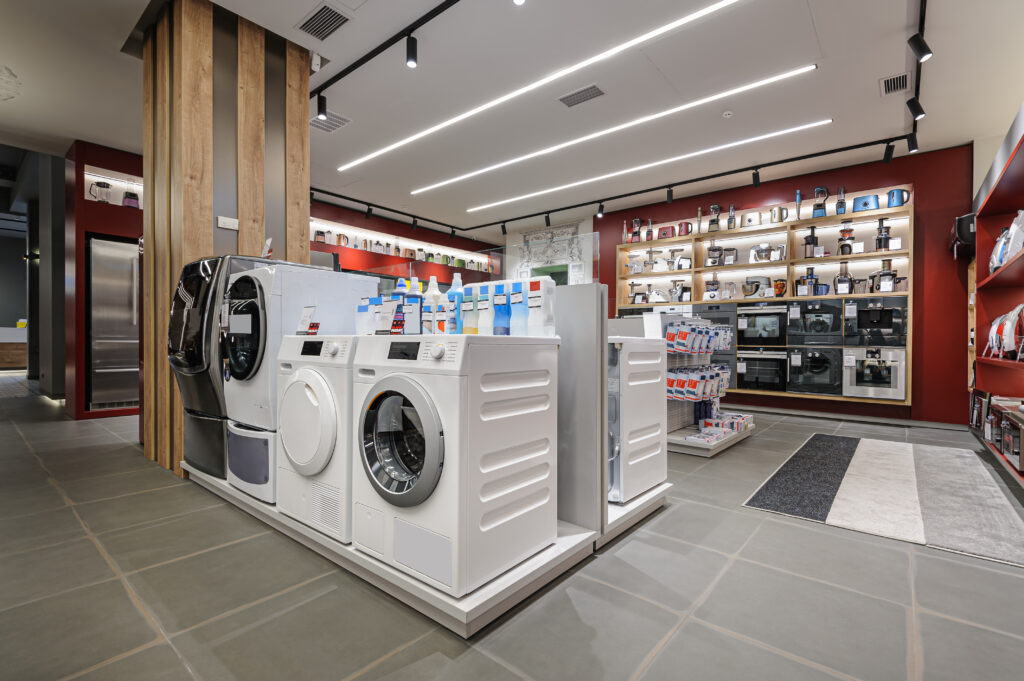
Understanding Phantom Energy Consumption
To get to the root of the question does unplugging appliances save energy, it’s important to understand how electricity flows even when devices are not in active use. Phantom energy, also known as standby power, refers to the electricity consumed by electronics and appliances while they are turned off or in standby mode. This might include displays, clocks, internal memory, network connections, and sensors that remain powered even when the appliance appears inactive.
The most common appliances affected by this issue include microwaves, coffee makers, televisions, game consoles, and even phone chargers left plugged in without a device attached. According to the U.S. Department of Energy, phantom loads can account for up to 10% of a household’s annual electricity use. For some families, that could mean wasting $100 or more each year on unused electricity. Energy.gov outlines various recommendations to reduce this type of energy loss, including unplugging rarely used devices or using smart power strips.
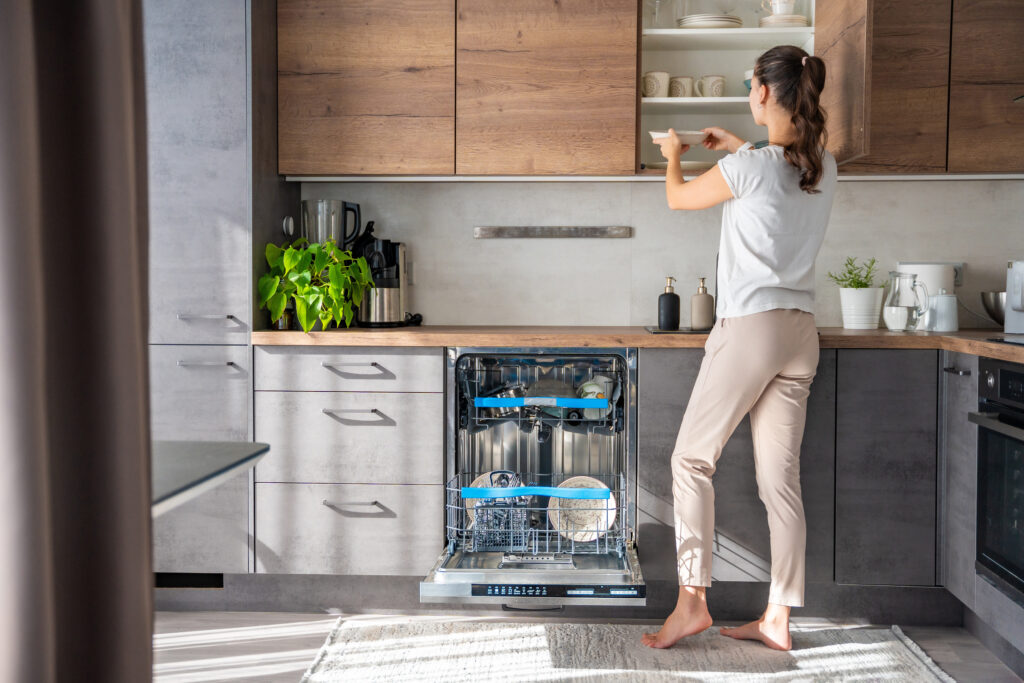
Appliances That Drain Power While Idle
One of the most surprising things about standby power is how many different household devices draw energy even while idle. Kitchen appliances like microwaves and coffee machines, for instance, often have clocks or sensors that remain lit. Chargers—whether for phones, tablets, or laptops—continue to use electricity when plugged into the wall, regardless of whether they’re connected to a device.
Home entertainment systems are among the worst offenders. A television set paired with a streaming box, soundbar, and gaming console can collectively draw dozens of watts while sitting idle. Printers, cable boxes, and even desktop computers can quietly siphon energy 24/7 if not fully shut down or unplugged.
Understanding which of your devices contribute to phantom energy makes a strong case for developing unplugging habits. While each unit may only use a few watts, multiplied across dozens of devices, the cumulative effect is undeniable. These energy losses become especially noticeable during vacation periods when electronics sit unused for extended periods.
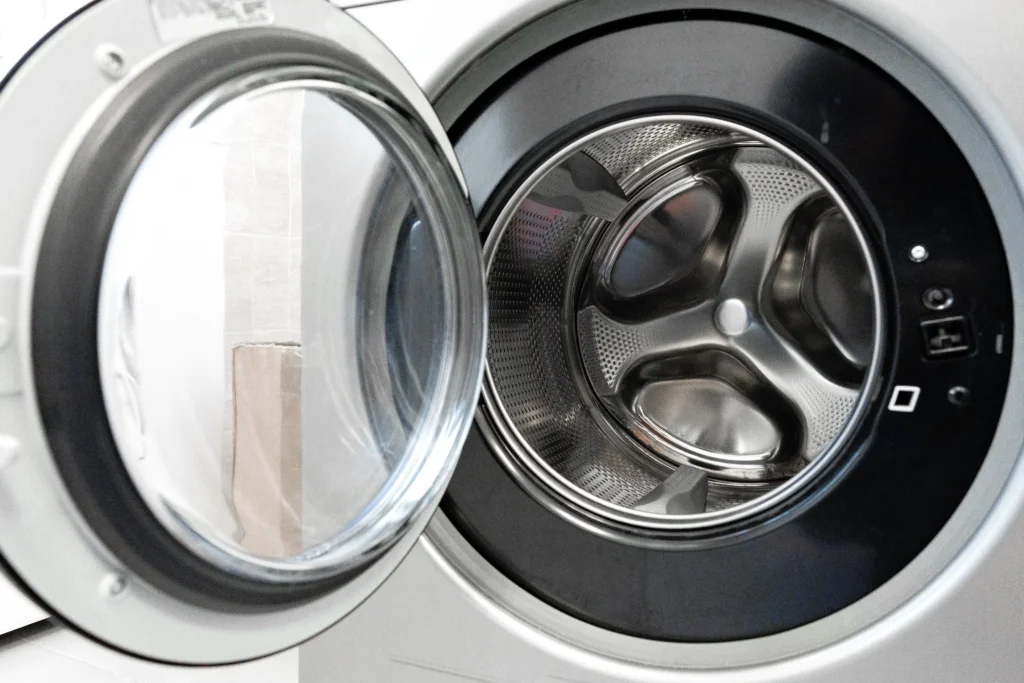
The Financial Impact of Unplugging
For many households, the answer to does unplugging appliances save energy ties directly to finances. Though the wattage drawn by any single appliance may be small, the combined total over time can influence your utility bill. Unplugging an appliance that draws just 5 watts continuously would save about 44 kilowatt-hours per year. At an average rate of 15 cents per kilowatt-hour, that’s nearly $7 saved—just for one appliance.
Now consider a home with 15 to 20 devices constantly drawing phantom power. The annual cost could range from $80 to $200 or more, depending on usage patterns and electricity rates. That’s real money that could be redirected elsewhere, all by taking a simple action like unplugging when not in use.
Using a smart plug or power strip with a timer can simplify this process. These devices allow multiple electronics to be powered down automatically without the need to unplug each one manually. This approach balances convenience with energy savings and is especially helpful for entertainment centers and home office setups.
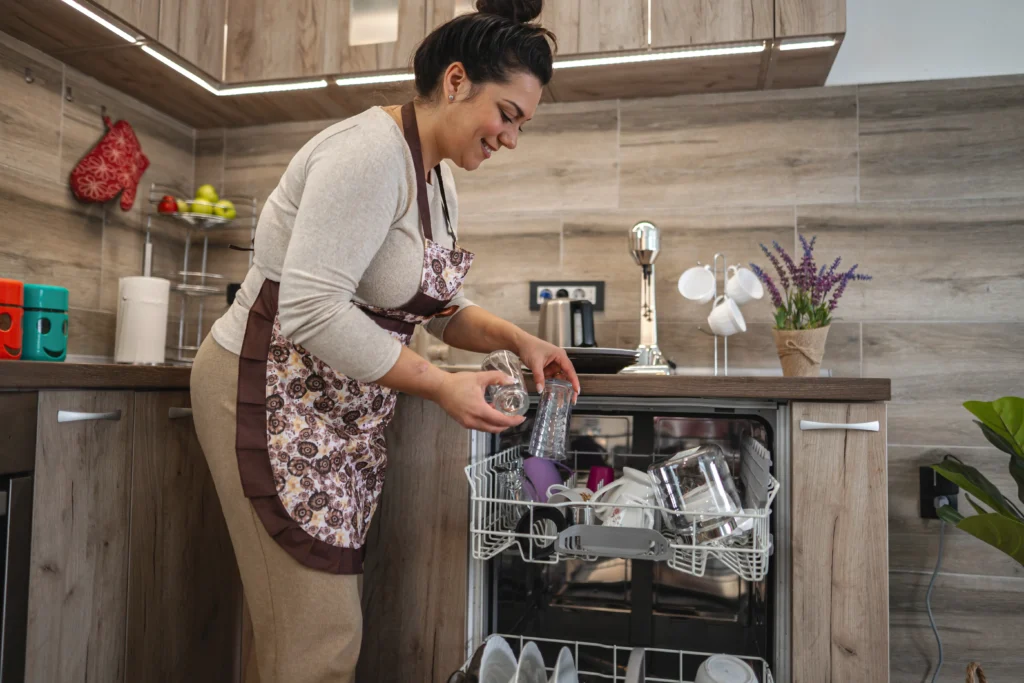
Environmental Considerations and Carbon Footprint
Beyond individual savings, reducing standby power contributes to a broader goal—lowering your household’s environmental footprint. Every kilowatt-hour of electricity generated in the U.S. results in roughly 0.85 pounds of carbon dioxide emissions, depending on your local energy mix. By cutting back on phantom energy use, your home reduces demand on power plants, which often burn fossil fuels.
So, does unplugging appliances save energy in an environmentally meaningful way? Absolutely. Even modest reductions in electricity usage across millions of homes can lead to measurable environmental benefits. This is why organizations like the Environmental Protection Agency promote appliance efficiency through initiatives like ENERGY STAR and offer advice on reducing phantom loads.
When combined with other sustainable habits—like switching to LED lighting, using programmable thermostats, and maintaining appliances for optimal performance—unplugging contributes to a more energy-efficient home and a cleaner planet.

When Unplugging Matters Most
It’s true that not every appliance needs to be unplugged daily. Refrigerators, HVAC systems, and certain smart home devices require constant operation. However, many others can—and should—be unplugged when not in use. This includes small kitchen appliances, countertop gadgets, and entertainment devices.
Vacations and extended trips are ideal opportunities to unplug non-essential electronics. Power strips can help you disconnect multiple devices with a single switch, reducing the time and hassle involved. If you work from home or run a business out of your residence, establishing an end-of-day unplugging routine can lower monthly electricity costs without sacrificing productivity.
Unplugging is especially important in older homes or regions prone to power surges. By cutting off standby power, you also reduce the risk of damage to sensitive electronics during electrical storms or outages. In this way, the habit doesn’t just save energy—it protects your investments.
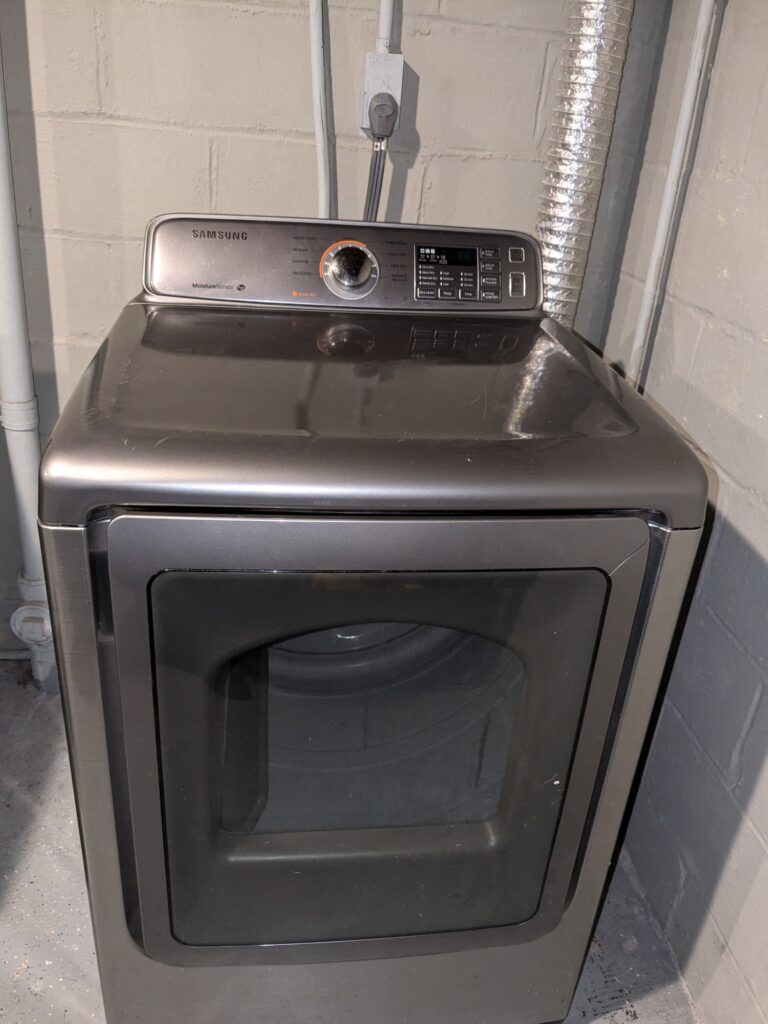
The Role of Smart Technology
Technology has made it easier than ever to minimize phantom power use without dramatically changing your routine. Smart power strips can detect when a device is not in use and automatically cut off electricity to that outlet. Many also allow remote control via mobile apps, making it easy to power down devices from anywhere.
Smart plugs, which fit into a standard outlet and can be controlled through your smartphone, let you schedule power shutoffs or monitor energy usage in real time. These tools offer a convenient way to automate unplugging behavior, especially for those who may forget to do it manually.
So while manually unplugging devices remains effective, smart solutions allow users to integrate energy-saving practices more easily into their lives. This approach bridges the gap between convenience and responsibility, strengthening the answer to does unplugging appliances save energy with modern solutions.
Final Thoughts
So, does unplugging appliances save energy? The answer is a resounding yes. While each device may only draw a small amount of power in standby mode, the collective impact on your utility bills and environmental footprint can be significant. From reducing phantom loads to protecting devices from power surges, unplugging offers both financial and practical benefits.
If one of your major appliances seems to be drawing more power than usual—or if it simply isn’t running efficiently—My Appliance Guy is here to help. Serving Cleveland, Ohio and surrounding areas, we provide expert repairs and maintenance to keep your home energy-smart. Call us today at (440) 409-4541 to schedule an appointment and start saving energy the smart way.



